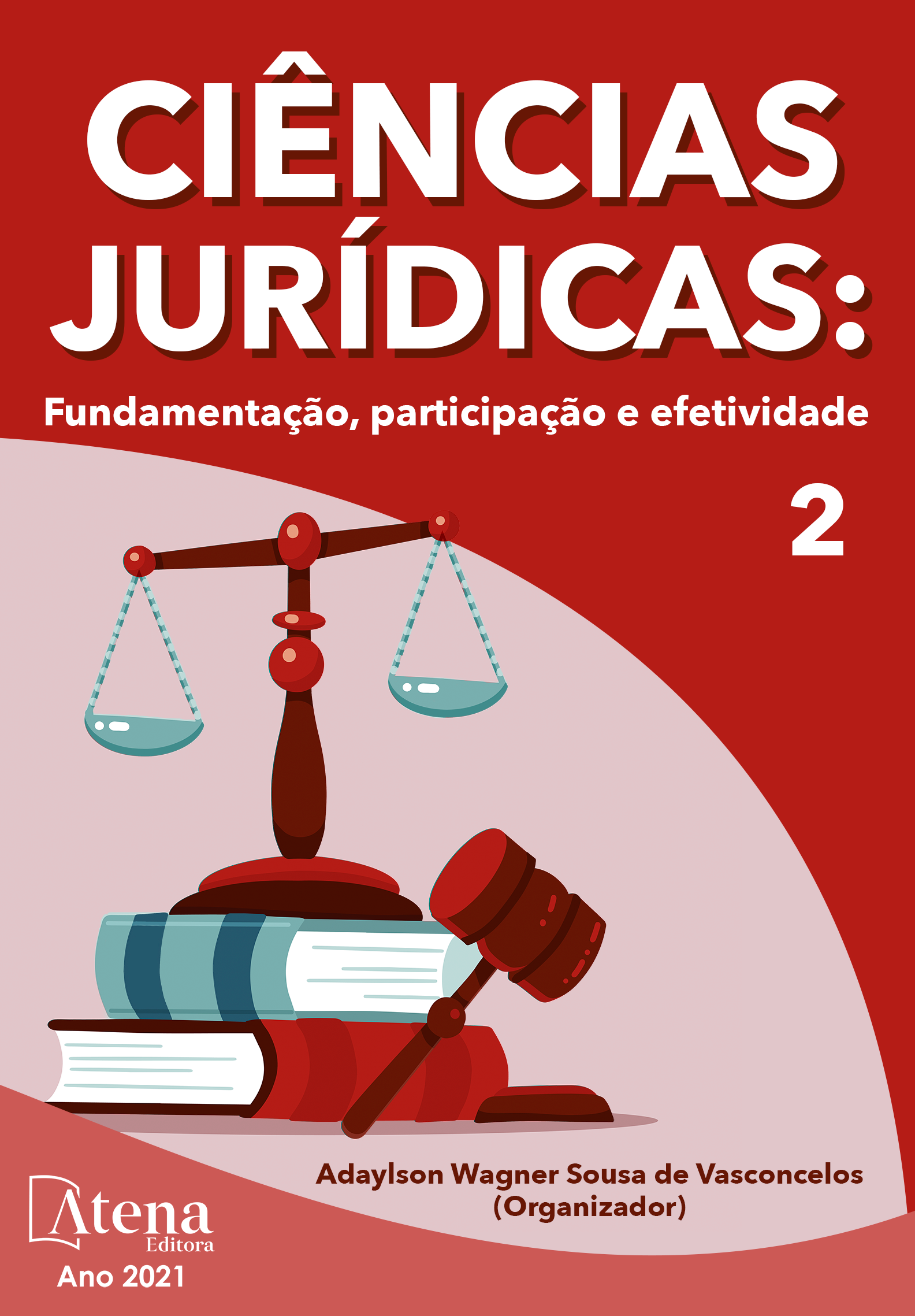
SOLUÇÕES BASEADAS EM INTELIGÊNCIA ARTIFICIAL APLICADAS AO DIREITO: LIMITES E POSSIBILIDADES
O artigo objetiva analisar os limites e as possibilidades da aplicação de soluções baseadas em Inteligência Artificial ao direito. A metodologia utilizada, foi a pesquisa exploratória, com abordagem qualitativa. Em relação à coleta de dados, este trabalho classifica-se como bibliográfico e documental, valendo-se de publicações em livros, leis, artigos científicos, teses, dissertações, matérias de jornal etc. A partir da análise dos dados foi identificada a existência de relevantes possibilidades nos setores público e privado, tais como a análise preditiva de decisões e a sugestão automática de minuta de sentenças, tudo no sentido de aumentar celeridade, a assertividade e a produtividade, na prestação jurisdicional. Mas são identificados também limites de caráter Ético-filosóficos, como o risco de viés do algoritmo, e outros de perfil técnico, como a dificuldade de auditoria dos sistemas, requerendo algum esforço para serem superados. Tem-se, então, estabelecido, no meio jurídico, um ambiente em alta frequência de movimentação, fruto do que traz a transformação digital, em termos de possibilidade de se proporcionar melhores condições de acesso à justiça, através de uma prestação jurisdicional mais assertiva, rápida e barata. A superação dos limites deve ser apenas uma questão de tempo, uma vez que as condições para tal parecem estar estabelecidas.
SOLUÇÕES BASEADAS EM INTELIGÊNCIA ARTIFICIAL APLICADAS AO DIREITO: LIMITES E POSSIBILIDADES
-
DOI: 10.22533/at.ed.90621150610
-
Palavras-chave: Inteligência Artificial (IA); Direito; Brasil
-
Keywords: Artificial Intelligence (AI); Law; Brazil
-
Abstract:
The article aims to analyze the limits and possibilities of applying solutions based on Artificial Intelligence to law. The methodology used was exploratory research, with a qualitative approach. In relation to data collection, this work is classified as bibliographic and documentary, making use of publications in books, laws, scientific articles, theses, dissertations, newspaper articles, etc. Based on the data analysis, the existence of relevant possibilities in the public and private sectors was identified, such as the predictive analysis of decisions and the automatic suggestion of draft sentences, all in the sense of increasing speed, assertiveness and productivity, in the provision jurisdictional. However, ethical and philosophical limits are also identified, such as the risk of bias in the algorithm, and others with a technical profile, such as the difficulty of auditing systems, requiring some effort to be overcome. Therefore, in the legal environment, a high frequency of movement has been established, the result of what brings about the digital transformation, in terms of the possibility of providing better conditions of access to justice, through a more assertive judicial provision, fast and cheap. Overcoming the limits should only be a matter of time, since the conditions for that seem to be established
-
Número de páginas: 25
- Vilson Leonel
- Ézio Oliveira Júnior


